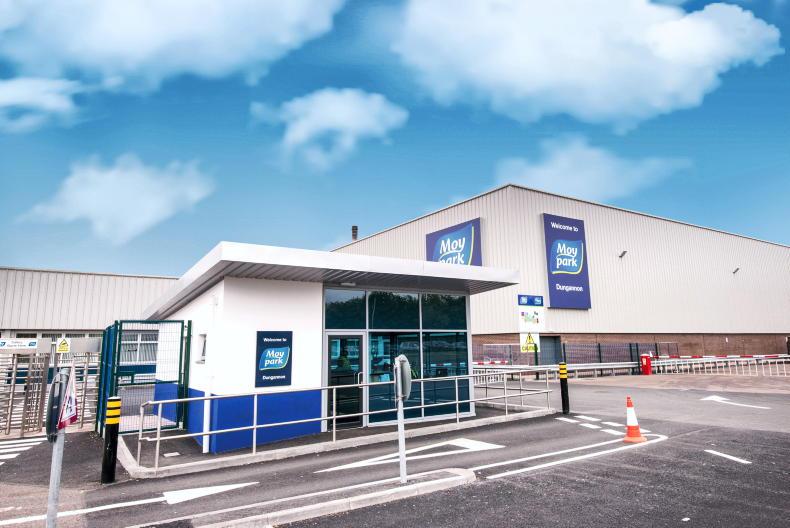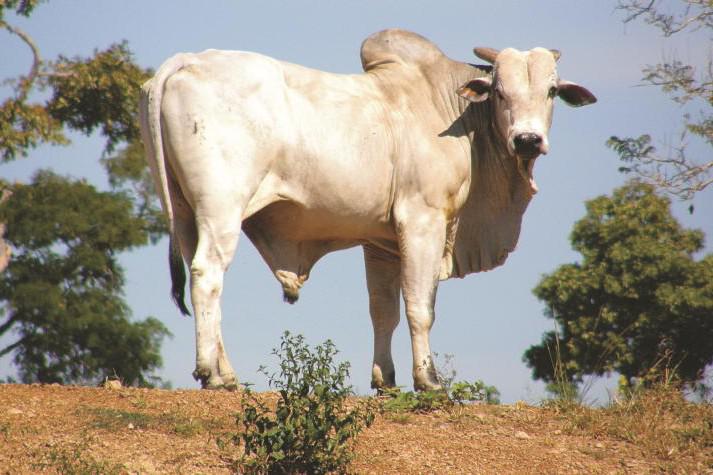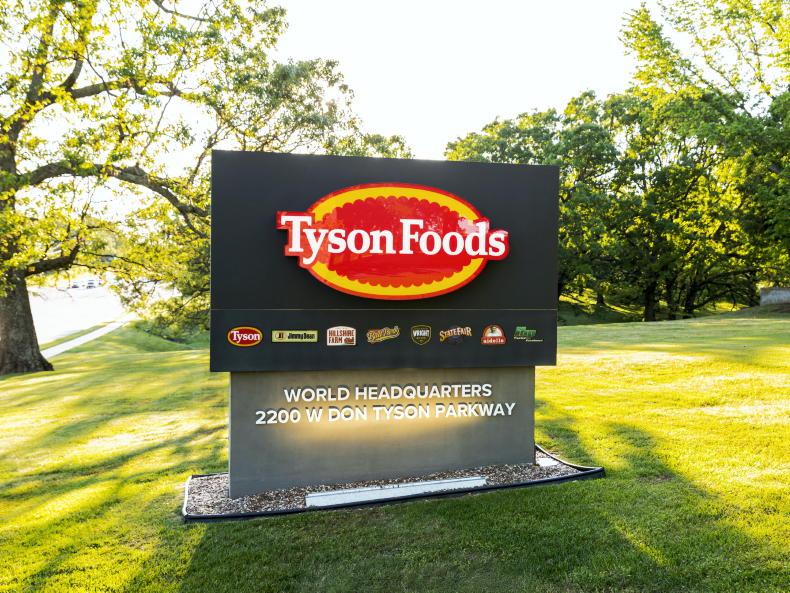The meat processing industry in the US has been out of favour with the Biden administration. The industry stands accused of squeezing out competitors with the “lack of competition hurting consumers, producers, and our economy”.
In 2020, there were 683 factories in the US that slaughtered 32.8m cattle
Four groups – JBS USA, Tyson, Cargill and National Beef (Marfrig) between them control 85% of the beef market in the US and the administration has announced a $1bn fund to encourage the development of independent competition.
In 2020, there were 683 factories in the US that slaughtered 32.8m cattle but the largest 13 factories 54% of the national kill according to USDA.
JBS USA
JBS is the biggest meat processor in the world and is Brazilian owned. It entered the US beef processing industry in 2007 through the acquisition of Swifts and added the beef division of Smithfield to its portfolio the following year.
A more recent attempt to take over National Beef and reduce the big four to a big three was rejected by the Department of Justice.
The company had $21.7bn revenue from its beef business in 2020
Nevertheless, JBS is the largest beef processor in the US, with 18 beef processing facilities and the capacity to handle 42,700 cattle daily or 213,500 per week, which is one-third of the national kill.
The company had $21.7bn revenue from its beef business in 2020 with EBITDA (income before interest taxes, depreciation and amortisation) of $2.4bn. As well as beef, JBS is a major player in pig processing, with revenue of $6.2bn in 2020, and $12.1bn in poultry meat revenue through Pilgrim’s Pride. Pilgrim’s Pride owns Moy Park and JBS acquired the meat and meals division of Kerry Foods in 2021.
Tyson Foods
Tyson Foods is a US family business established in the 1930s and became a public company in 1963.
Through aggressive acquisition and management over the past 40 years with continued Tyson family leadership, the company has grown to have cattle processing capacity of 155,000 cattle per week in 14 locations and 137,000 employees across its entire meat and processed foods businesses.
Revenue for the 2021 financial year was $47bn in total with $18bn of this coming from the beef division. Adjusted EBITDA was $5.5bn.
National Beef Packing Company (Marfrig)
The National Beef Packing Company, which was the target of JBS, has three beef processing facilities with capacity for 13,000 cattle, 3.7m per year, which the company claims to be 14% of the national kill.
Like JBS it is Brazilian-owned with Marfrig buying a 51% controlling share in 2018 and increasing this to 80% ownership in late 2019. It reported sales of $9.4bn in 2020 and employs 9,500 people.
Cargill
Cargill is a privately owned company and as it stopped publishing data in 2020 it is the one of the big four that there is least information about in the public domain. The company is owned by the Cargill family, having been established in the middle of the 19th century. It has six cattle slaughter locations in the US.
To put the size of the big US beef processors in context, JBS USA has the capacity to slaughter more than five times the entire Irish kill while Tyson has more than four times the slaughter capacity of the Irish kill.
Even the smallest of the big four, National which is part of Marfrig, has a slaughter capacity that is twice the Irish kill.
While the administration is attempting to drive competition from outside this group among the smaller companies, there has been robust push back from the industry trade association, the North American Meat Institute.
The meat association said the present structure has been in place for 30 years and inflation has been driven by COVID-9 measures including increased staff costs and energy prices.
So far the Irish beef industry has remained in Irish hands
What is of concern to US farms though is the extent of foreign ownership of processing, with two of the big four beef processors in Brazilian hands and pigmeat processor Smithfield now in Chinese hands.
So far the Irish beef industry has remained in Irish hands but with JBS active on the acquisition trail through Pilgrim’s Pride adding Kerry meats and meals to Moy Park, they may still look at Irish companies to give a gateway to the UK and EU.
Similarly, if a Chinese company was to take an interest in Irish processing, it could be the route for Irish beef to get back into China.










SHARING OPTIONS